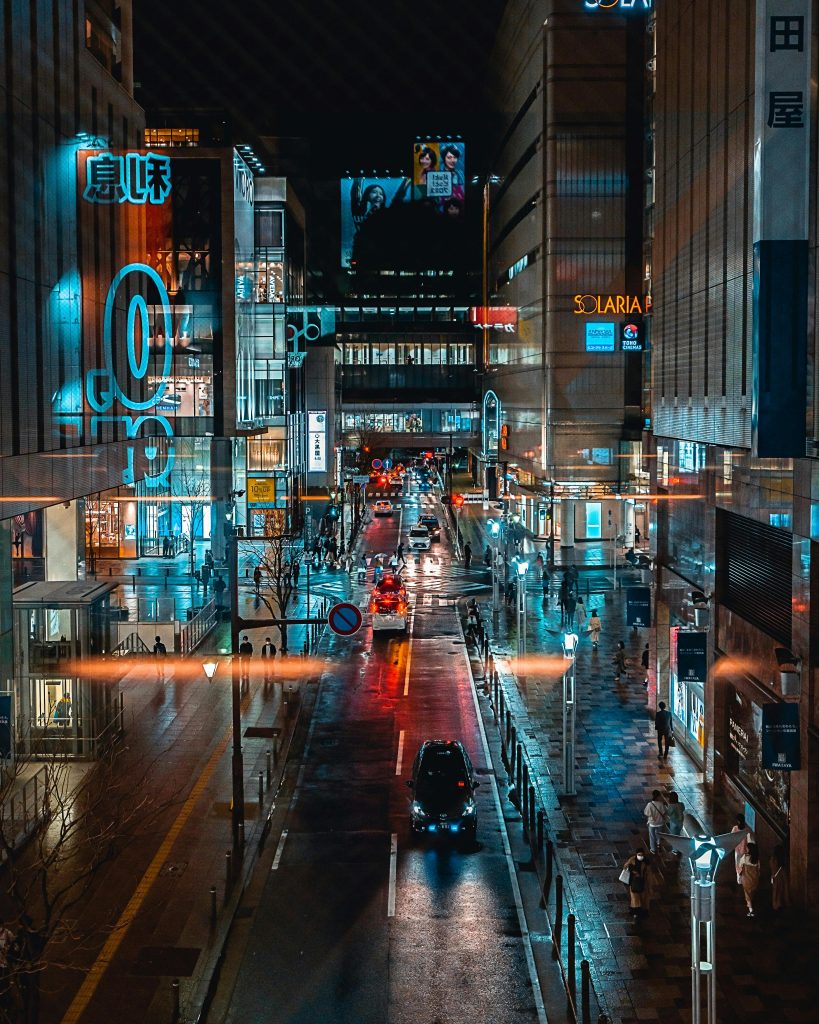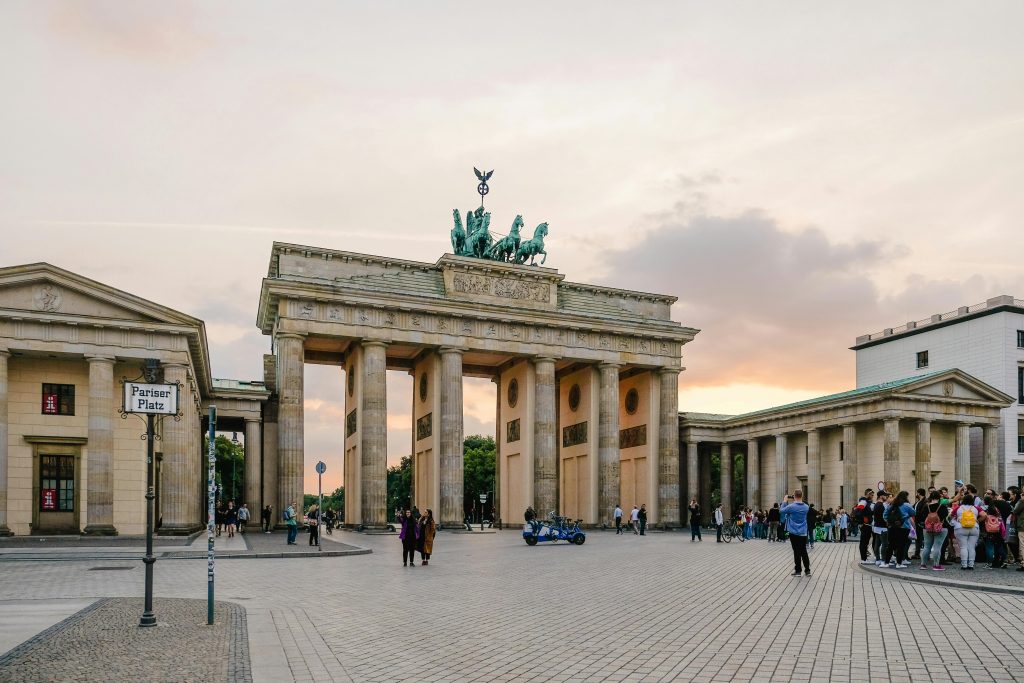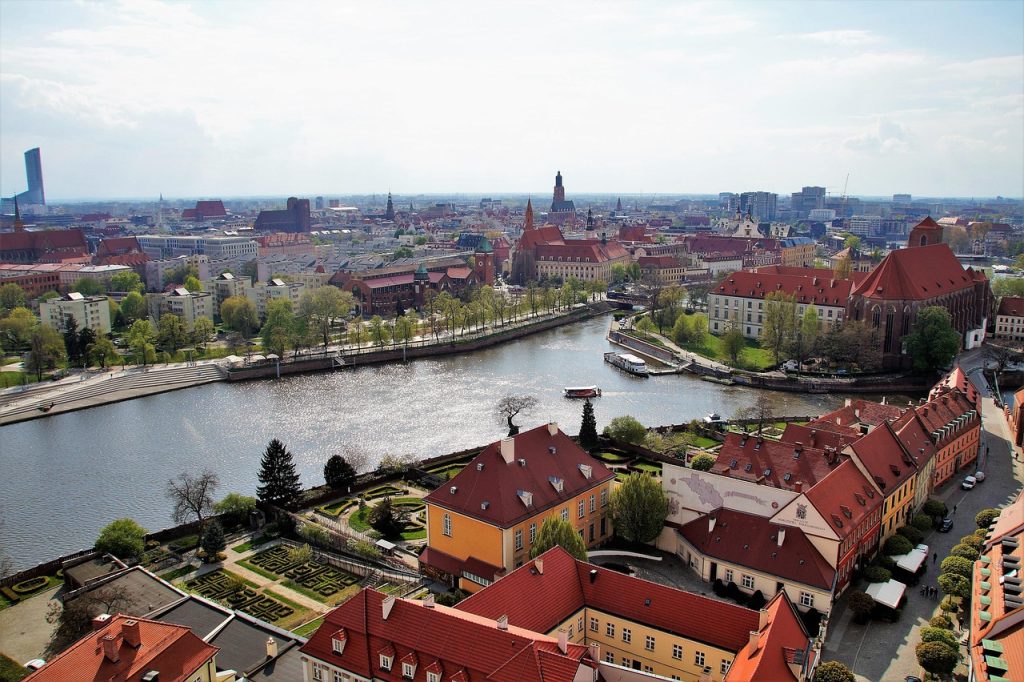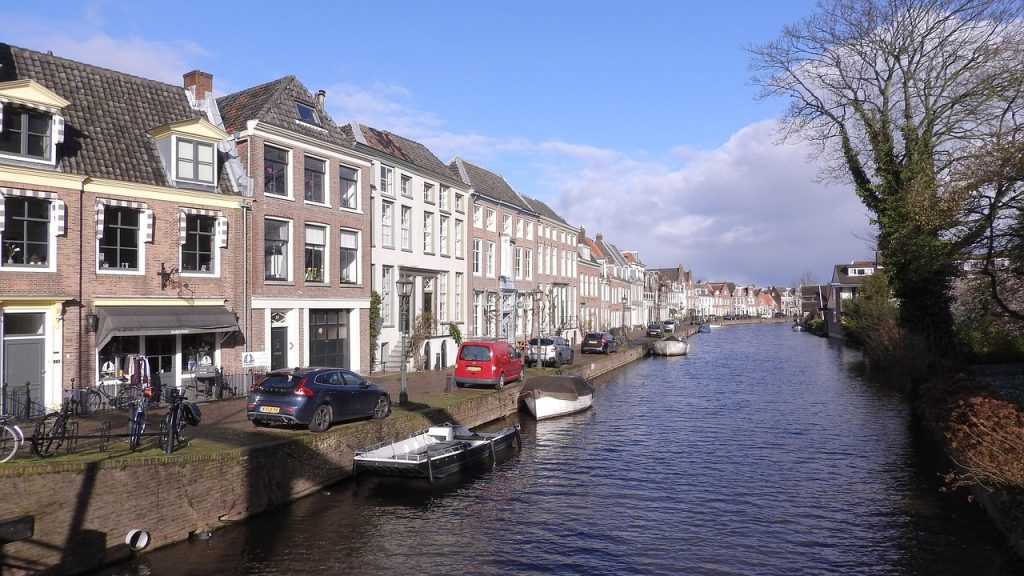I was in Fukuoka for just two days in March 2018, again because of a Navy deployment. Our ship was stationed at the US naval base in Sasebo, Japan, so me and my friend just went there for a little trip.
It was quite cold in March, but honestly, Fukuoka felt very similar to Tokyo – just not as big. Overall the vibe was kind of the same with lots of Japanese people, and there really wasn’t much difference. This reinforced my belief that different sections of Japan are pretty similar in terms of cultural experience.
What Fukuoka Actually Is
Fukuoka is on Japan’s southern island of Kyushu with about 1.6 million people in the metro area. It’s Japan’s sixth-largest city, but it feels like a smaller version of Tokyo with the same Japanese efficiency, cleanliness, and cultural vibe.
The city is closer to South Korea than to Tokyo – you can actually take a quick ferry to Busan from here, which is about the only unique thing about its location. But overall, it’s just another Japanese city with the same characteristics you’d find anywhere else in Japan.
It’s got fewer tourists than the major cities, but that doesn’t necessarily make it more interesting – just less crowded.
The History That Shaped This Gateway City
Ancient Asian Gateway
- Ancient origins: Important port city for over 1,000 years, serving as Japan’s gateway to Asia
- Mongol invasions: Site of attempted Mongol invasions in 1274 and 1281, repelled partly due to typhoons
- Edo period: Castle town under the Kuroda clan, developing urban layout that influences the city today
- Modern development: Post-WWII reconstruction turned it into Kyushu’s largest city and regional commercial center
- Asian gateway: Proximity to Korea and China makes it a natural hub for regional business and cultural exchange
The history is interesting but doesn’t really differentiate it much from other major Japanese cities in terms of modern visitor experience.
Architecture and Urban Design: Standard Japanese
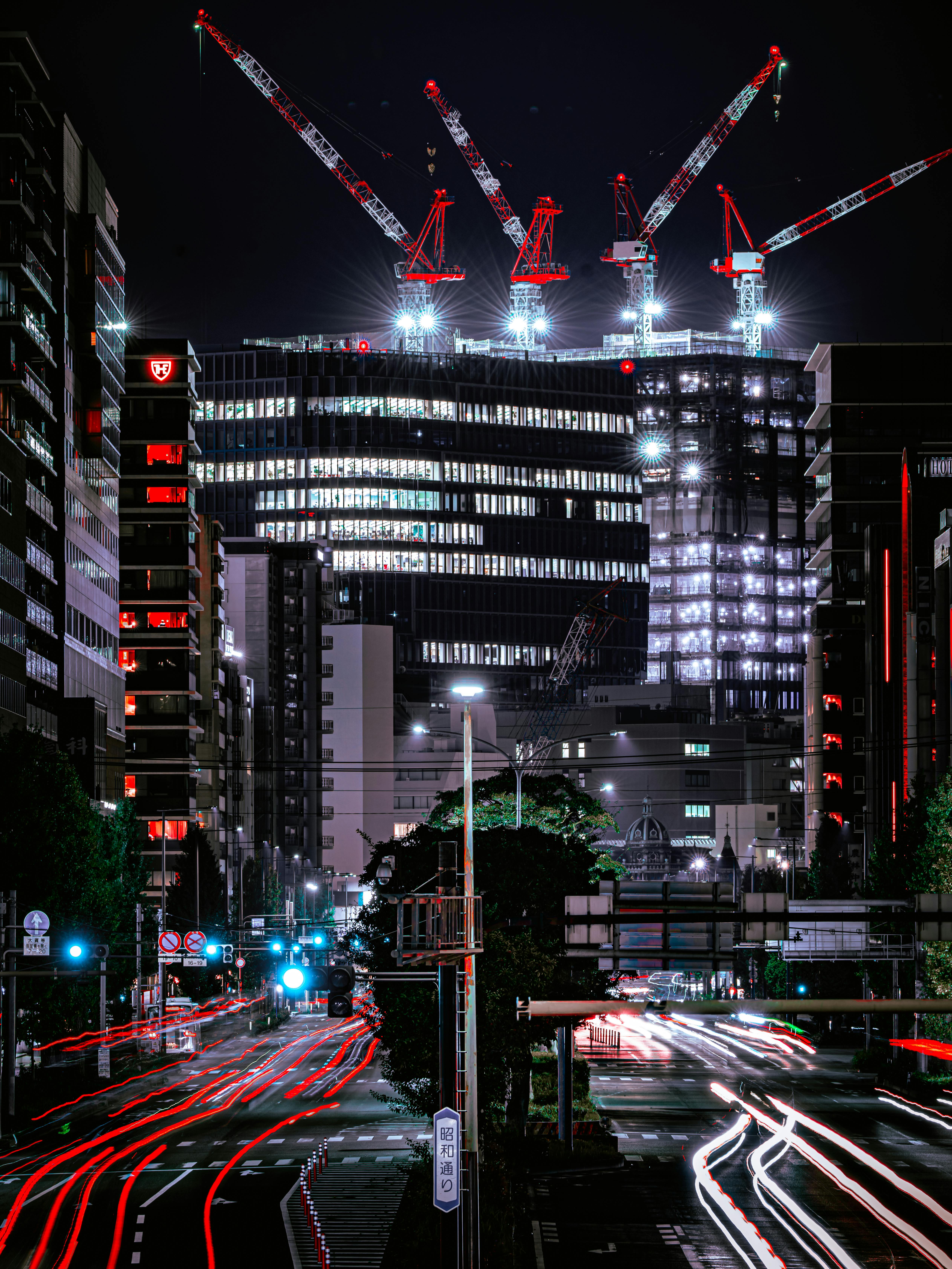
Modern Japanese city with standard post-war urban development – efficient, clean, functional but not particularly distinctive.
Main Areas
- Hakata Station area: Modern commercial district with shopping and business centers
- Tenjin district: Commercial area with department stores and entertainment
- Fukuoka Castle ruins: Some remnants of the old castle, but not much left to see
- Nakasu district: Entertainment area with bars and clubs
Efficient subway system, buses, and everything runs on time just like everywhere else in Japan. Compact city center that’s walkable, with public transport for longer distances.
It’s basically the same urban planning and architecture you’ll find in any Japanese city – efficient but not unique.
People and Japanese Cultural Consistency
The people here are exactly like Japanese people everywhere else – polite, efficient, well-dressed, following social rules perfectly. This reinforces the consistency of Japanese culture across different regions.
There’s supposedly a regional dialect (Hakata-ben), but for foreigners it’s not really noticeable. People claim there’s a distinct Kyushu identity, but honestly, Japanese culture is so standardized that regional differences are minimal for visitors.
Same tourist interaction as Tokyo – limited English but they know how to deal with foreigners, picture menus, polite service.
Food Scene: Local Specialties in Standard Framework
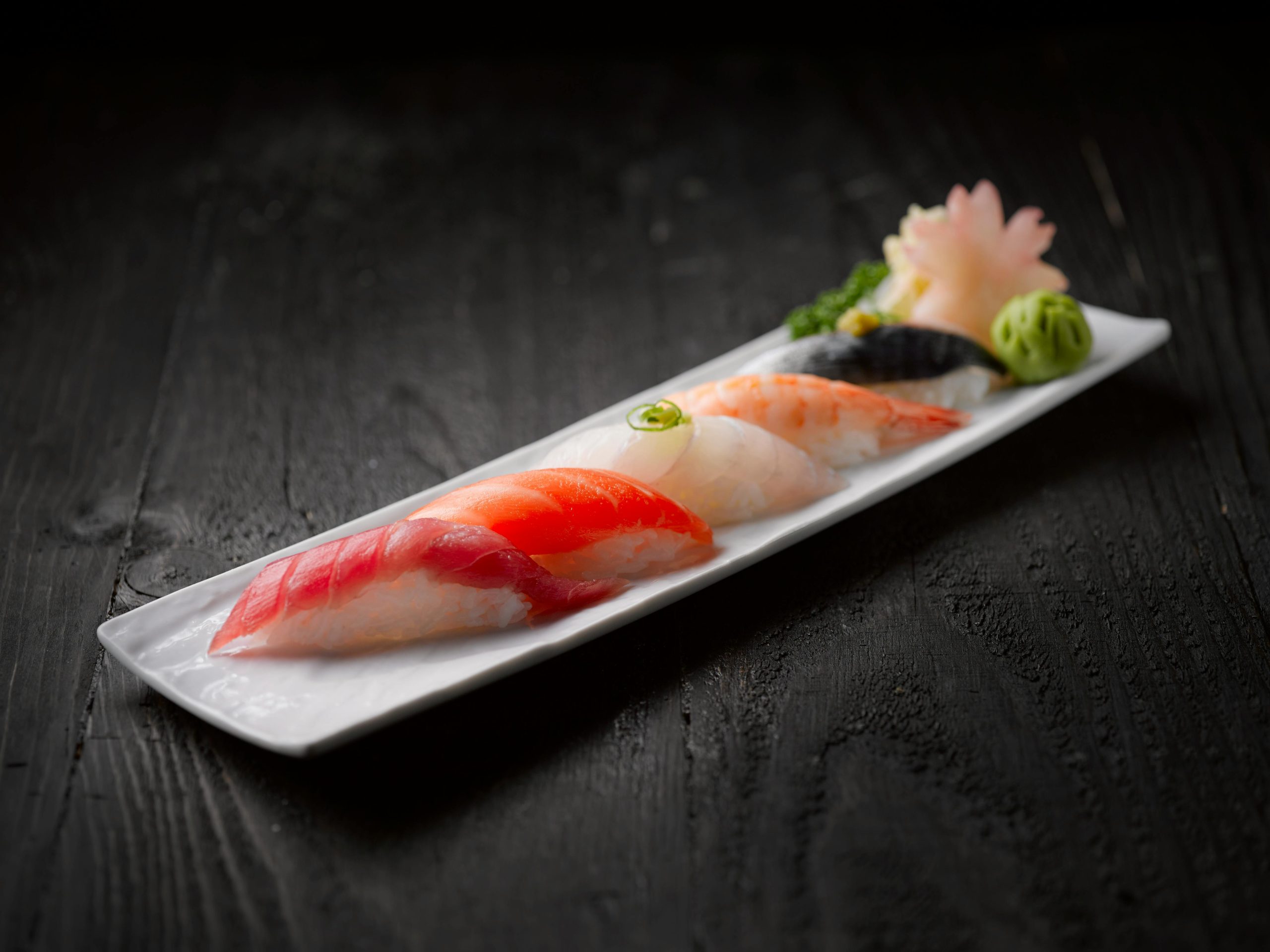
Fukuoka has some local specialties, but Japanese food is excellent everywhere, so this isn’t really a compelling reason to visit.
Local Specialties
- Hakata ramen: Fukuoka is famous for tonkotsu (pork bone) ramen, which is the local specialty
- Mentaiko: Spicy cod roe, another local specialty
- Yatai food stalls: Outdoor food stalls along the river, supposed to be a Fukuoka tradition
- Standard Japanese food: All the usual cuisine – sushi, tempura, yakitori, etc.
Restaurant quality maintains the same high Japanese standards for food preparation and presentation you’d find anywhere in Japan.
Cost Reality: Standard Japanese Pricing
Uses Japanese yen with costs similar to other Japanese cities.
Daily Costs
- Accommodation: €60-150/night
- Food: €25-50/day
- Transport: €5-15/day
- Total daily budget: €90-215
Typical expensive Japanese pricing without any particular cost advantage over Tokyo or Osaka.
Weather: March Still Cold
March in Fukuoka is still cold, though supposedly milder than Tokyo due to the southern location. The weather advantage over Tokyo isn’t really significant enough to matter for most visitors.
- Spring (March-May): Getting warmer, cherry blossom season
- Summer (June-August): Hot and humid, typical Japanese summer
- Fall (September-November): Pleasant temperatures
- Winter (December-February): Mild compared to northern Japan but still cold
Tourist Attractions: Limited and Familiar
Main Sights
- Fukuoka Castle ruins: Some stone foundations and walls, not much left to see
- Ohori Park: Nice park with a lake, good for walking but nothing spectacular
- Kushida Shrine: Local shrine, decent but not unique compared to shrines elsewhere
- Canal City Hakata: Shopping and entertainment complex, typical Japanese mall
- Momochihama area: Beach area and modern developments, fine but not amazing
Day Trip Options
- Dazaifu: Historic area with Tenmangu Shrine, about 30 minutes away
- Ferry to Korea: Busan is about 3 hours by ferry if you want to add Korea to the trip
The attractions are decent but nothing you can’t find better versions of in Tokyo, Kyoto, or Osaka.
The Korea Ferry Connection: Only Unique Feature
The main unique feature is the ferry connection to South Korea’s Busan, taking about 3 hours. This makes Fukuoka interesting as a potential gateway between Japan and Korea, but that’s more about leaving Japan than experiencing it.
Regular ferry connections are available, and this could be useful for travelers doing a Japan-Korea combination trip, but it’s not enough to make Fukuoka a destination in itself.
Digital Nomad Assessment
Pros:
- Excellent internet and technology like everywhere in Japan
- Good cafes and facilities for working
- Same high Japanese safety and quality standards
- Less crowded than major Japanese cities
Cons:
- Limited coworking spaces compared to Tokyo
- Same language barrier as rest of Japan
- Very limited expat/nomad community
- No particular advantages over major Japanese cities
- Complex Japanese visa requirements still apply
Digital Nomad Rating: 6/10
Functions adequately but offers no particular advantages for nomads over major Japanese destinations.
Nightlife and Entertainment: Smaller Scale
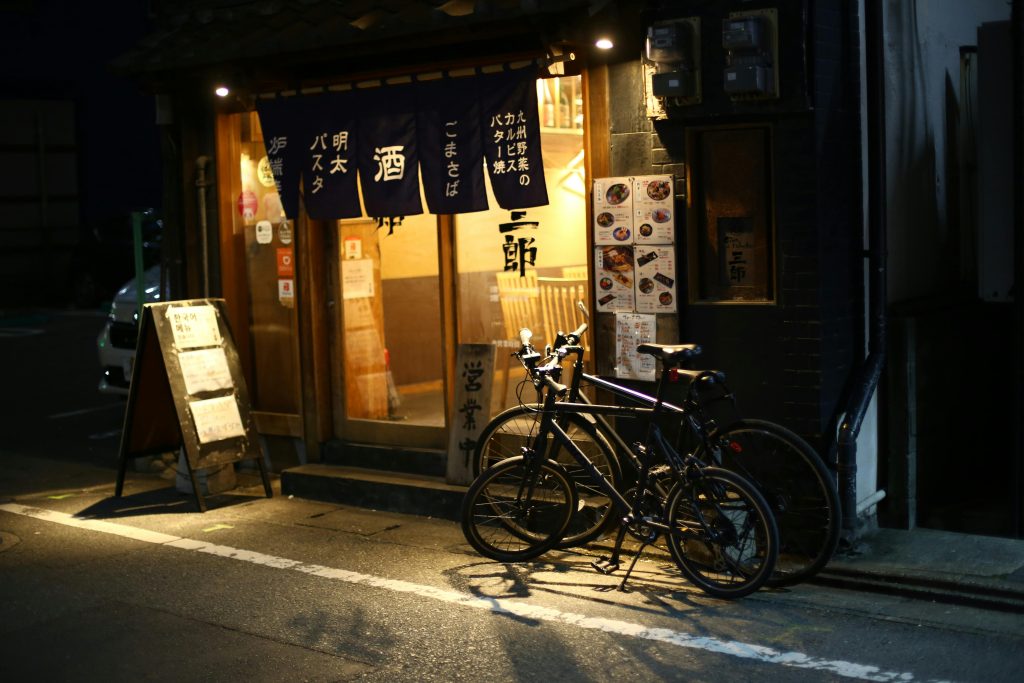
Standard Japanese nightlife with bars, karaoke, and entertainment districts similar to other Japanese cities, just on a smaller scale.
The Nakasu district offers entertainment options, and izakaya culture is present throughout the city, but there’s limited variety compared to major cities and nothing particularly distinctive about Fukuoka’s nightlife.
Transportation and Connectivity
- Fukuoka Airport: International airport with flights throughout Asia
- Hakata Station: Major train station with shinkansen connections
- Ferry connections: Regular ferries to Busan, South Korea – the only unique transportation option
- Local transport: Subway and bus systems covering the city efficiently
- Regional access: Good connections to other Kyushu cities and mainland Japan
Who Should (And Shouldn’t) Visit Fukuoka
Maybe Good For:
- People specifically interested in Hakata ramen
- Travelers wanting to visit South Korea via ferry
- Business travelers with specific needs in Kyushu
- Completionist travelers doing every major Japanese city
- People who want less crowded Japanese city experience
Skip It If:
- You have limited time in Japan
- You want unique Japanese experiences
- You’re doing a first-time Japan trip
- You prefer more distinctive destinations
- You want maximum cultural or historical impact
Fukuoka vs. Other Japanese Cities
Versus Tokyo: Tokyo is bigger, more international, more attractions, better nightlife
Versus Kyoto: Kyoto has actual historic culture and temples worth seeing
Versus Osaka: Osaka has better food scene and more character
Versus Hiroshima: Hiroshima has significant historical importance
Fukuoka doesn’t offer compelling advantages over any major Japanese destination for most travelers.
Safety and Quality of Life
Typical Japanese safety standards – extremely safe, clean, organized, same as everywhere else in Japan. High Japanese infrastructure quality and the same polite, rule-following society.
No differences from other Japanese cities in terms of safety or quality of life factors.
My Honest Bottom Line
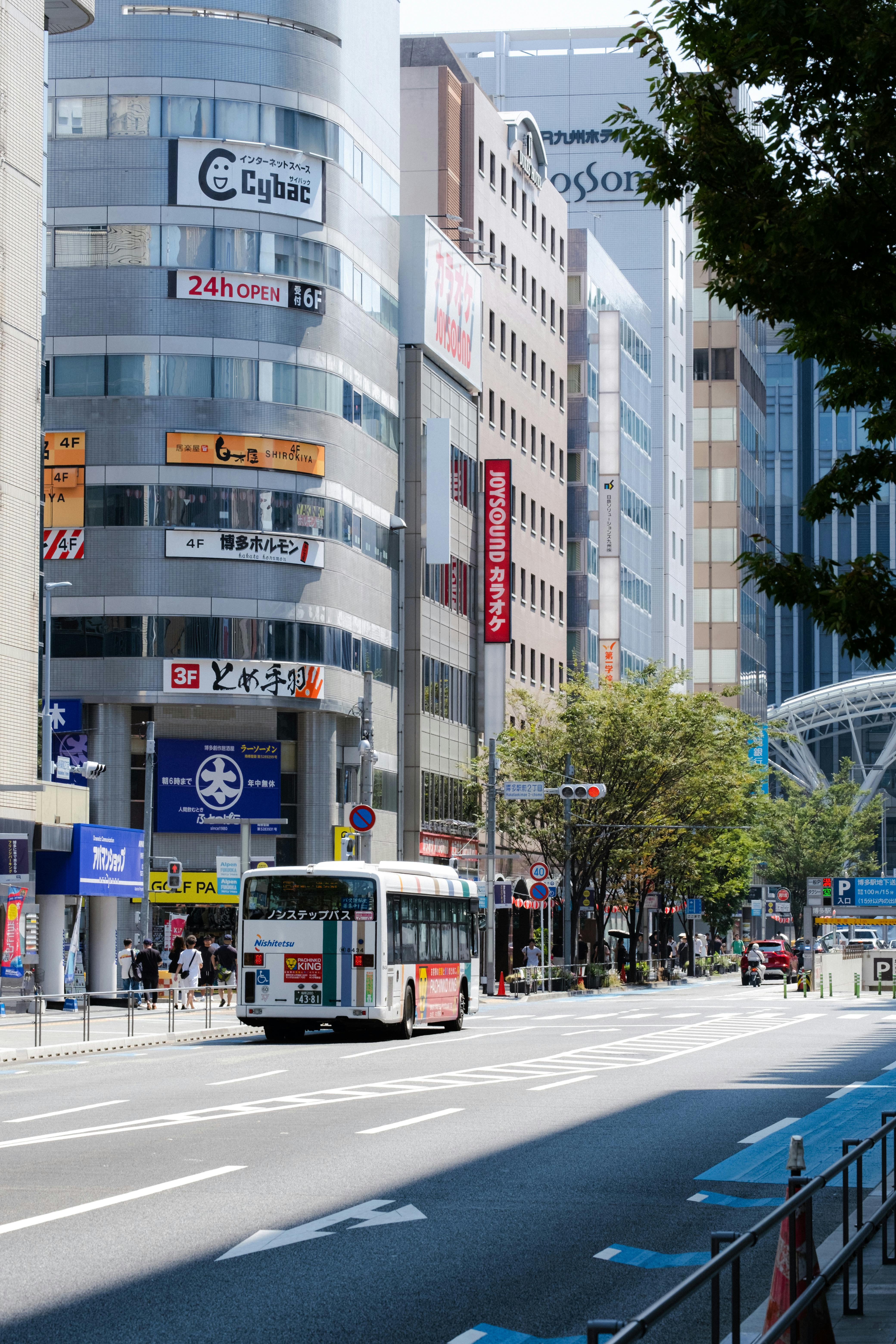
Overall Rating: 6/10
Fukuoka is fine but completely skippable. It’s basically a smaller version of Tokyo with the same Japanese efficiency and culture but fewer attractions and less to do.
The experience reinforced my belief that Japanese culture is remarkably consistent across different regions – you get the same high standards, politeness, efficiency, and cultural experience regardless of which major city you visit.
What Works
- Clean, safe, efficient like all of Japan
- Good food maintaining Japanese standards
- Less crowded than major tourist cities
- Decent ramen scene
What Doesn’t Work
- Nothing unique or distinctive compared to other Japanese cities
- Limited attractions worth the trip
- Expensive like rest of Japan without additional value
- No compelling reason to visit over major cities
The Two-Day Reality
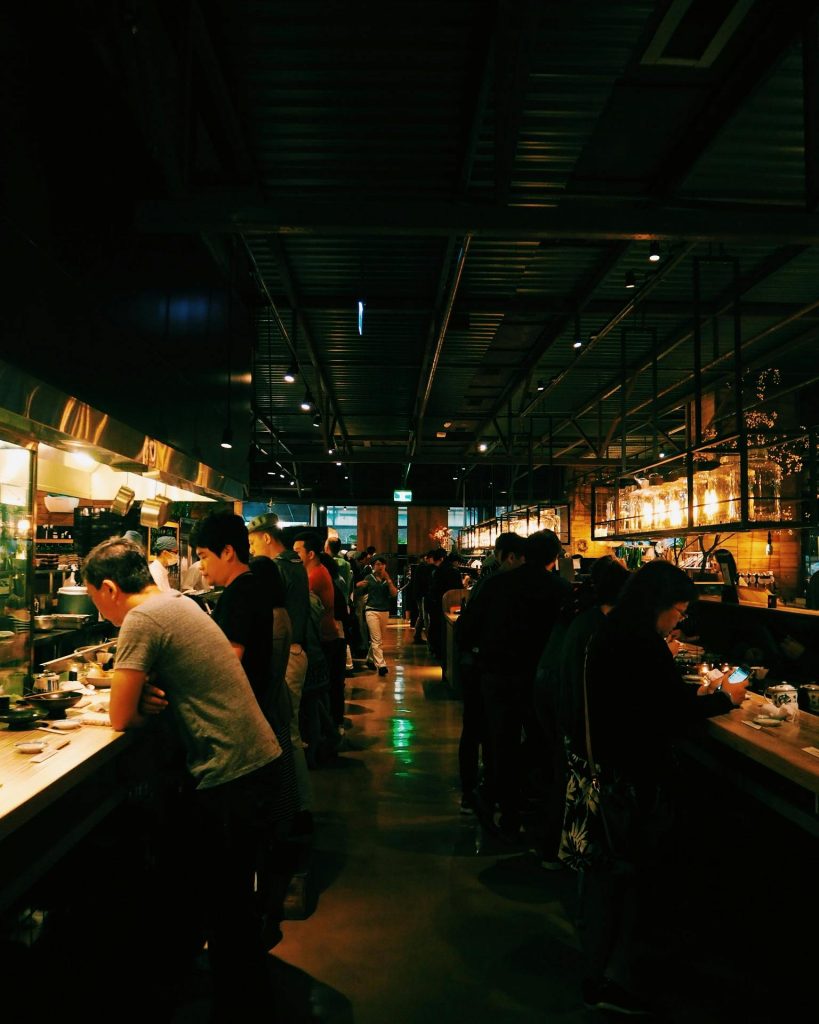
Two days was enough – I saw what I needed to see, and that was probably one day too many. If you’re doing Japan, your time is better spent in Tokyo, Kyoto, and Osaka where you’ll get more distinctive experiences.
The consistency of Japanese culture means you’re not missing anything significant by skipping regional cities in favor of the major destinations that offer more comprehensive experiences.
Final Verdict
Skip Fukuoka unless you have specific business there, unlimited time in Japan, or you’re specifically interested in the Korea ferry connection.
Stick to Tokyo, Kyoto, and Osaka for the real Japanese experience. Fukuoka is a perfectly functional Japanese city that offers nothing you can’t get better elsewhere in Japan.
Sometimes destinations are perfectly fine without being necessary, and Fukuoka falls into that category – it works well but doesn’t justify itself when you have limited time and better options available.
Have you been to Fukuoka or other regional Japanese cities? Did you find significant differences between Japanese cities, or do you agree that the cultural experience is remarkably consistent? Share your Japan regional travel experiences in the comments!
